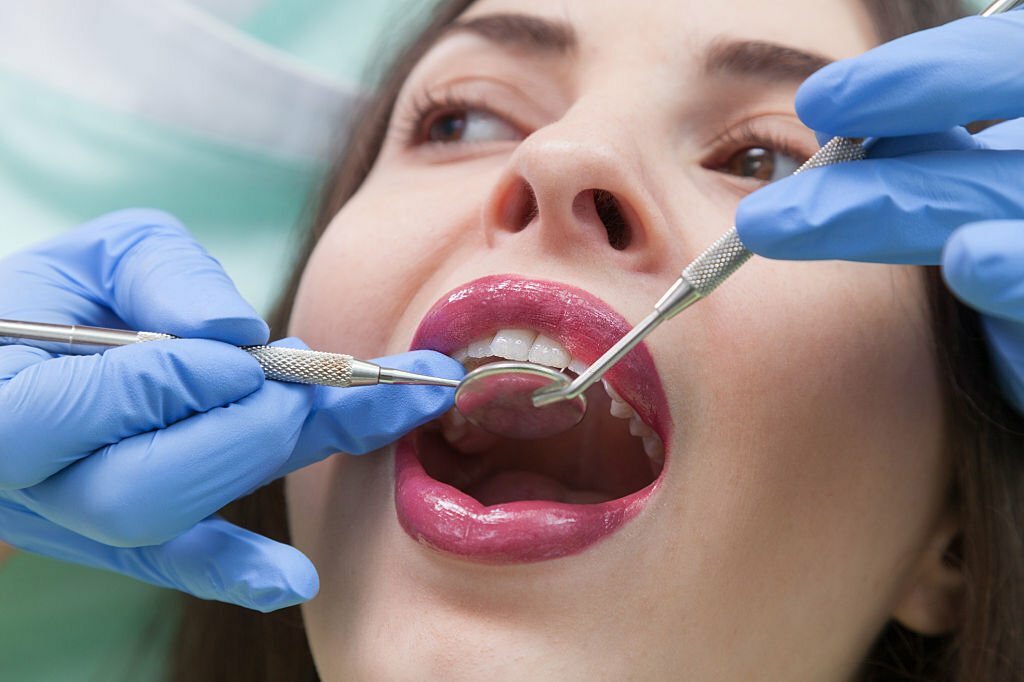Dental emergencies are uncalled for!
Stats suggest that nearly 2 million people look for an urgent dental center at a given time.
However, when asked about it, many fail to differentiate between urgent and non-urgent dental care.
Keeping the same in mind, this blog lists:
- What Are Urgent Dental Emergencies?
- What Are Non-Urgent Dental Emergencies?
- DIY To Navigate Through Urgent Dental Emergencies
- DIY To Navigate Through Non-Urgent Dental Emergencies
- How do you distinguish between emergency and non-emergency dental issues?
- How Do You Protect Yourself From A Dental Emergency?
Let’s learn more about these individual aspects in the following sections.
Introduction:
The difference between an urgent and a non-urgent dental emergency can be life-saving. It can save not only your tooth but also your smile.

On the contrary, other instances, like a lost crown, are non-urgent and can wait for a day.
But how do you differentiate between urgent and non-urgent dental care? Let’s find out as we learn more about the differences between the situations in the following sections.
What Are Urgent Dental Emergencies?
When it comes to the differences, many individuals have a similar question: ‘What is emergency dental?’
The answer is simple: Urgent dental care refers to conditions that need rapid attention to relieve acute pain, avoid future problems, and protect oral health. If you have lacerated your gums or are experiencing severe dental pain, it might be a dental emergency.
Here are a few examples of incidents that denote urgent dental emergencies:
- Loose tooth
- Knocked-out tooth
- Dental abscess
- Severe toothache
- Broken tooth
- A chipped or missing tooth
When you encounter such instances, it’s best to consult your nearest emergency dentist.
However, there are other instances where the situation might not be threatening. We call them non-urgent dental emergencies. Let’s learn more about them in the following sections.
What Are Non-Urgent Dental Emergencies?
As the name suggests, non-dental emergencies are bearable and don’t need immediate expert assistance. If you have a non-urgent dental emergency, you can book an appointment with your dentist during normal office hours. If your filling falls out on Saturday afternoon, you may get a new one set on Monday morning.
Here are a few incidents that denote non-urgent dental emergencies:
- Food lodged between teeth.
- Lost crown, filling, or bridge.
- Dull toothache
- A small chip or crack in the tooth
DIY To Navigate Through Urgent Dental Emergencies
What to do for a toothache?
Toothaches are frequently caused by food becoming lodged between teeth. Flossing can occasionally help reduce minor toothaches because of this. Warm water swishing is also a good move to neutralize the pain.

However, if the discomfort does not go away, make an appointment with your nearest urgent care in Aubrey, TX. The dentists may be able to repair your tooth with a filling or crown if you have a cavity. The earlier you act, the less intrusive your therapy will be.
What to do for a gum abscess?
A gum abscess WILL NOT DISAPPEAR ON ITS OWN, and it shouldn’t be treated like a pimple. If you ever come across such instances, it’s wise to make an appointment with your emergency dentist so that they can drain the abscess safely.
Based on the severity of the infection, your dentist may recommend scaling and root planing, a tooth extraction, or a root canal procedure. Once the abscess is removed, you might be able to return to your everyday life in no time.
What to do for a loose tooth?
Jawbone tissue, gums, and neighboring teeth support your oral setup. As a result, various factors might cause a tooth to loosen. What’s more? The receding gums could further result in bone loss in your jaw or loosen your tooth if you previously had tooth loss.
You may have a loose tooth if you were hit in the face. The only method to determine the underlying reason for a loose tooth is to visit your nearby 24-hour dental service.
What to do for a broken, cracked, or chipped tooth?
Contact your nearest 24-hour emergency dentist immediately in such situations. Rinse your mouth with warm water while you’re waiting for your appointment.
What’s more? Apply a cold compress to your cheek to reduce the pain. Remember to avoid putting crushed aspirin on your teeth since it might harm your gums and enamel.
What to do for a knocked-out tooth?
You must seek a denture emergency expert within 30 minutes of losing a tooth. Take the tooth by the crown (chewing surface) rather than the roots. That way, you won’t harm the roots, making it hard for our dentist to replace the tooth.

Rinse your tooth gently and try to replace it in its socket. If this fails, wrap your teeth in clean gauze and soak it in milk. Natural teeth, like dentures, will dry up and break if not maintained wet.
DIY To Navigate Through Non-Urgent Dental Emergencies
What To Do For A Dull Toothache?
You’d be shocked how many toothaches may be relieved just by flossing. It is not unusual for little food particles to become entangled between teeth and create pain.
Before phoning our office, try lightly flossing between the two afflicted teeth to determine if any food particles may be dislodged. If the discomfort subsides, you’ve just saved yourself a trip to the urgent dentist care.
What To Do For A Broken Tooth?
Don’t be alarmed if your tooth has cracked. Gather all of the parts of your broken tooth and bring them with you when you visit our emergency dentist.
Use warm water to rinse your mouth, followed by a cool compress to the afflicted area. This way, you can reduce swelling and discomfort until our dentist arrives.
What To Do For A Bitten Lip Or Tongue?
If you’ve bitten your tongue or lip, clean it gently with water. Use an ice pack to minimize swelling. If the bleeding continues, you must seek emergency dental care.
How do you distinguish between emergency and non-emergency dental issues?
When determining whether you’re in an emergency or non-emergency dental situation, it’s crucial to analyze whether you have a knocked out or loose tooth, dental abscess, severe toothache, or a tooth with large cracks or chips.
If the dental trauma happens after hours, your initial contact should be with a local immediate dentist. If the dentist is unavailable, you will be given directions on contacting the professional to deal with the situation. The sooner you seek dental care for your issue, the less probable you will require costly dental procedures later.
You may occasionally encounter a dental issue that necessitates non-emergency dental care. Lost fillings, dental crowns, bridges, tiny fractures or chips to the tooth, dull pain, and any food caught between the teeth are problems that require immediate care from the dentist in Aubrey, TX.
Takeaway
- Stats suggest that nearly 2 million people look for an urgent dental center at a given time.
- You must seek a denture emergency expert within 30 minutes of losing a tooth.
- If the dental trauma happens after hours, your initial contact should be with a local immediate dentist.
- Don’t wait for the inevitable; visit our dental emergencies experts at Paloma Creek Dental to save your tooth in an emergency today!


